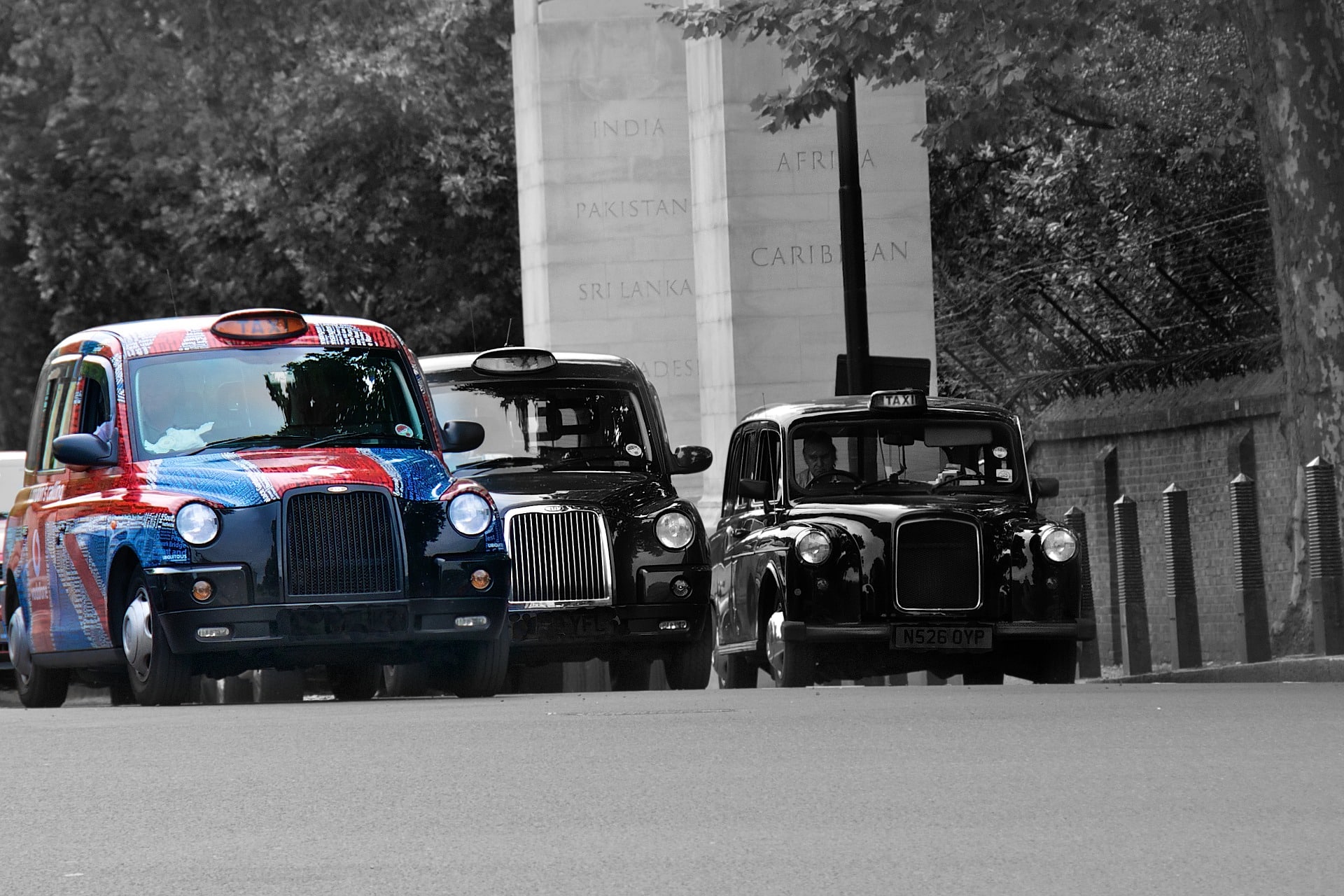Uber, the multinational ride-hailing company, has been accused of showing favouritism in how it allocates jobs to its drivers by a UK based union.
A legal challenge has been launched by The App Drivers & Couriers Union in a bid to understand how the company’s algorithms assign drivers with ride requests. Further transparency is wanted by the union from Uber in regards to how the data the firm collects has an impact on taxi drivers, and whether this leads to some being favoured over others.
The ride-hailing company has always explicitly stated that it does not manage its self-employed drivers. Whereas, the union believes that Uber monitors drivers’ performance. It goes on to claim that the company is noting late arrival incidents, customer complaints about attitude or inappropriate behaviour against driver profiles and cancelled jobs.
Anton Ekker, the privacy lawyer leading the case, told the Guardian: “This is about the distribution of power, it’s about Uber exerting control through data and automated decision-making, and how it is blocking access to that.”
All Uber drivers have the right to access their profiling data under GDPR regulations, argues the union. The data can effectively evaluate a worker’s attitude, behaviour, reliability and the number of late arrivals and cancellations they have had while working in collaboration with the taxi firm.
UK-based drivers Azeem Hanif and Alfie Wellcoat, two of Uber’s members allege that the company has failed to fulfil its obligations in its response to the requests they have made. The district court in Amsterdam, where Uber’s headquarters are located, is being asked by the group to order Uber to comply with data protection regulations.
An Uber spokesman stated that the taxi company endeavoured to ensure requests were fulfilled for personal data that individuals were entitled to on a legal basis. “We will give explanations when we cannot provide certain data, such as when it doesn’t exist or disclosing it would infringe on the rights of another person under GDPR. Under the law, individuals have the right to escalate their concerns by contacting Uber’s data protection officer or their national data protection authority for additional review,” it said.
This news all comes at a time when Uber is making preparations to attempt to overturn a UK court ruling that its drivers are workers instead of being independent contractors. On Tuesday, the firm’s appeal started at the Supreme Court, it will argue that it is not an employer and believes that drivers are members.
It is estimated that the UK’s gig economy employs around 4.7 million people. Any ruling is highly likely to have significant implications for the sector’s future. Uber also offers food delivery through Uber Eats, a subsidiary of the company.





